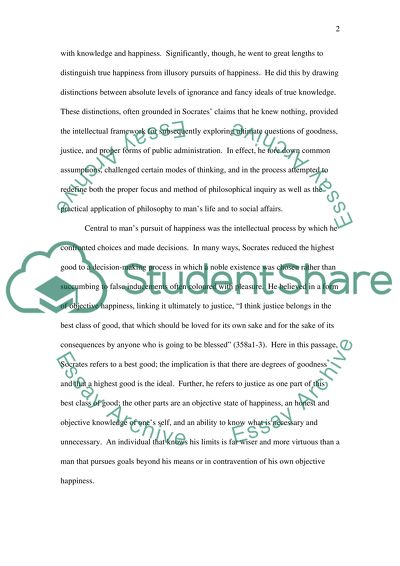Cite this document
(The Highest Good and Justice: The Role of Philosophy Essay - 1, n.d.)
The Highest Good and Justice: The Role of Philosophy Essay - 1. Retrieved from https://studentshare.org/philosophy/1543722-justice
The Highest Good and Justice: The Role of Philosophy Essay - 1. Retrieved from https://studentshare.org/philosophy/1543722-justice
(The Highest Good and Justice: The Role of Philosophy Essay - 1)
The Highest Good and Justice: The Role of Philosophy Essay - 1. https://studentshare.org/philosophy/1543722-justice.
The Highest Good and Justice: The Role of Philosophy Essay - 1. https://studentshare.org/philosophy/1543722-justice.
“The Highest Good and Justice: The Role of Philosophy Essay - 1”, n.d. https://studentshare.org/philosophy/1543722-justice.


